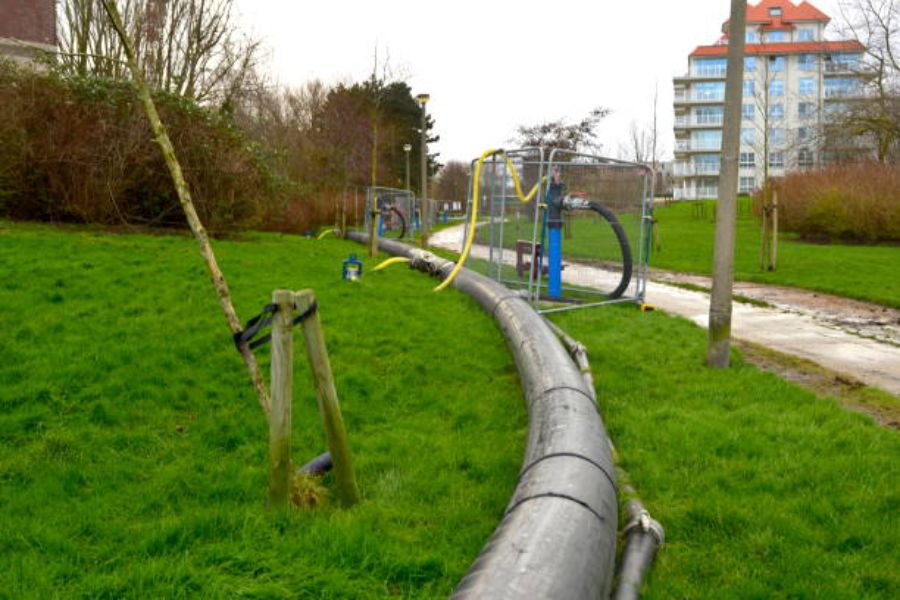Introduction to CPVC
CPVC, or chlorinated polyvinyl chloride, is a type of plastic pipe that is commonly used in plumbing systems. It is known for its durability, affordability, and ease of installation. But Is CPVC good for hot water? applications? Let's dive into this question and explore the various aspects of using CPVC for hot water systems.Temperature Resistance
One of the key factors to consider when choosing a pipe material for hot water applications is its temperature resistance. CPVC is known for its ability to withstand high temperatures, making it ideal for hot water systems. It can handle temperatures up to 200 degrees Fahrenheit, which is well above the typical temperature of hot water in residential settings.Chemical Resistance
In addition to temperature resistance, CPVC also offers excellent chemical resistance. This means that CPVC pipes are less likely to corrode or degrade when exposed to chemicals commonly found in water, such as chlorine. This makes CPVC a reliable choice for hot water systems, where exposure to various chemicals is inevitable.Longevity and Durability
Another advantage of CPVC is its longevity and durability. CPVC pipes are known to have a long service life, with minimal maintenance required. They are also resistant to rust and corrosion, unlike metal pipes. This means that CPVC pipes can provide reliable hot water service for many years without the need for frequent repairs or replacements.Cost-Effectiveness
From a financial standpoint, CPVC pipes are a cost-effective option for hot water systems. They are relatively affordable compared to other materials, such as copper or stainless steel. Additionally, the ease of installation of CPVC pipes can help reduce labor costs, making it a budget-friendly choice for plumbing projects.Flexibility and Ease of Installation
CPVC pipes are known for their flexibility, which makes them easy to install in various plumbing configurations. They can be bent and shaped without the need for additional fittings, reducing the risk of leaks or weak points in the system. This flexibility also allows for easier retrofitting or repairs in existing hot water systems.Environmental Impact
In recent years, there has been growing concern about the environmental impact of construction materials. CPVC is a recyclable material, which means that it can be reused or repurposed at the end of its service life. This makes CPVC a more sustainable option compared to non-recyclable materials like PVC or PEX.Code Compliance
When choosing a pipe material for hot water systems, it is important to consider code compliance. CPVC pipes are approved for use in hot water applications by national plumbing codes, making them a safe and reliable choice for residential and commercial projects. It is essential to follow local building codes and regulations when installing CPVC pipes.Maintenance and Care
While CPVC pipes are low-maintenance compared to other materials, proper care is still essential to ensure their longevity. Regular inspections for leaks, corrosion, or damage are recommended to prevent potential issues in the hot water system. If any problems are detected, prompt repairs should be carried out to avoid more significant damage.Conclusion
In conclusion, CPVC is a good choice for hot water systems due to its temperature resistance, chemical resistance, longevity, and cost-effectiveness. Its flexibility, ease of installation, and environmental sustainability further add to its appeal. By choosing CPVC pipes for hot water applications and following proper maintenance practices, you can ensure a reliable and efficient plumbing system for years to come.
